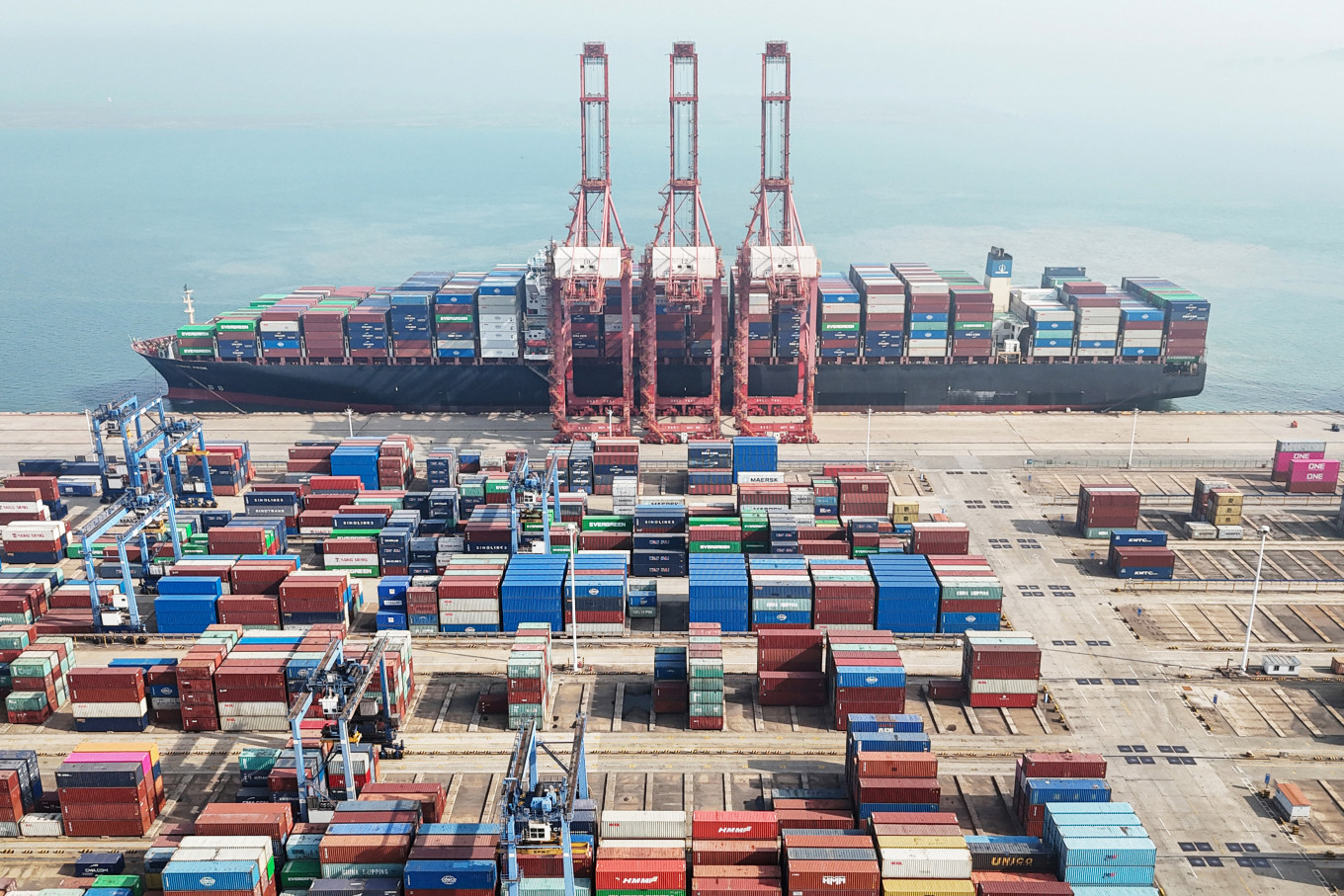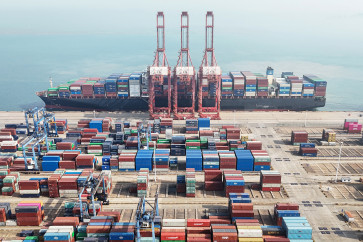Popular Reads
Top Results
Can't find what you're looking for?
View all search resultsPopular Reads
Top Results
Can't find what you're looking for?
View all search resultsAsia in denial
Asians are making every effort to wish away problems at home and abroad.
Change text size
Gift Premium Articles
to Anyone
I
saw nothing but denial in my recent post-United States election tour of Asia, with stops in Hong Kong, Shenzhen, Beijing and Singapore. Taking a cue from surging global equity markets, Asians are making every effort to wish away problems at home and abroad.
Nowhere is this more evident than in China. President Xi Jinping has long stressed his preference for the “good stories of China.” Amid the most serious Chinese economic slowdown since the 1970s, government attempts to put a positive spin on the country’s outlook have intensified. An improvement in equity-market sentiment, by Oct. 8, the CSI 300 was 35 percent above its low on Sept. 13, was the first talking point in all my discussions. Never mind that this rebound, which has since partly reversed, is purely the product of state intervention.
Equity markets, of course, are notorious for sending false signals. That is certainly true of bear markets, which Nobel laureate economist Paul Samuelson famously predicted “nine of the last five [US] recessions.” It was also the case with Japan’s infamous dead-cat bounces: the Nikkei 225 rallied four times by an average of 34 percent on its way to a cumulative decline of 66 percent between December 1989 and September 1998. Nevertheless, the Chinese are clinging to recent stock-market gains as proof that the latest stimulus plan will prompt a robust economic recovery.
The Japan comparison hits a raw nerve in China. I had a particularly frustrating discussion with a senior Chinese regulator who admitted to being concerned about sharp declines in property and equity markets, the country’s mounting debt, the first whiffs of deflation and headwinds arising from weak productivity and an aging workforce. When I pointed out that these were classic characteristics of Japan’s balance-sheet recession, the same official was quick to reject that possibility.
I did not mention the warning, issued in May 2016 by an “authoritative Chinese person” on the front page of People’s Daily, the official state organ, that China could fall into a Japanese-like quagmire. Nor did I bring up Premier Wen Jiabao’s prescient 2007 description of the Chinese economy as “unstable, unbalanced, uncoordinated and unsustainable.” Despite making these points repeatedly in China over the years, I chose to bite my tongue on this occasion. Perhaps I was still smarting over having been silenced at the China Development Forum earlier this year by organizers interested only in good stories of China.
But there is far more to this latest wave of Asian denial than China’s unwillingness to admit the severity of its problems. I was particularly struck by the inclination to ignore the adverse consequences of a potential trade shock should president-elect Donald Trump deliver on his campaign promise to raise US tariffs by as much as 20 percent on all imports and 60 percent on imports from China, a promise he has since reiterated.
The consensus view in Asia is that Trump is bluffing to secure an early deal. After all, he took a similar approach to his first tariff war with China in 2018-19, culminating with the ill-fated “phase one” trade deal of 2020. Given its weakened economy, many believe that the Chinese government will be even more compliant today than it was back then. Asia is abuzz with talk of an early 2025 summit between Trump and Xi that could set the stage for another US-China deal.


















